Basic math concepts Math Worksheets for Ages 3-6
19 filtered results
-
From - To
Welcome to our collection of Basic Math Concepts Math Worksheets for ages 3-6! Designed to make learning fun and engaging, these worksheets introduce young learners to essential math skills such as counting, number recognition, addition, and patterns. Each activity is carefully crafted to encourage exploration, critical thinking, and a love for math. With vibrant illustrations and interactive exercises, our worksheets promote early math literacy through play-based learning. Perfect for parents and educators alike, these resources will help children build a solid foundation in math while developing important cognitive skills. Explore our diverse range of worksheets today and watch your child's confidence soar!
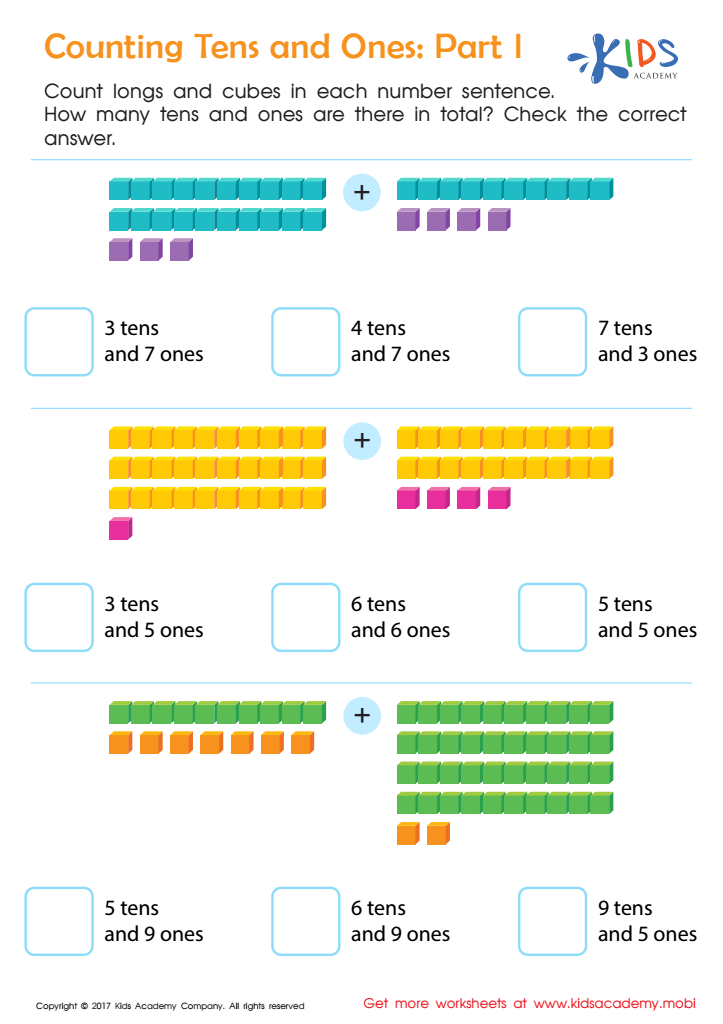

Counting Tens and Ones: Part 1 Worksheet
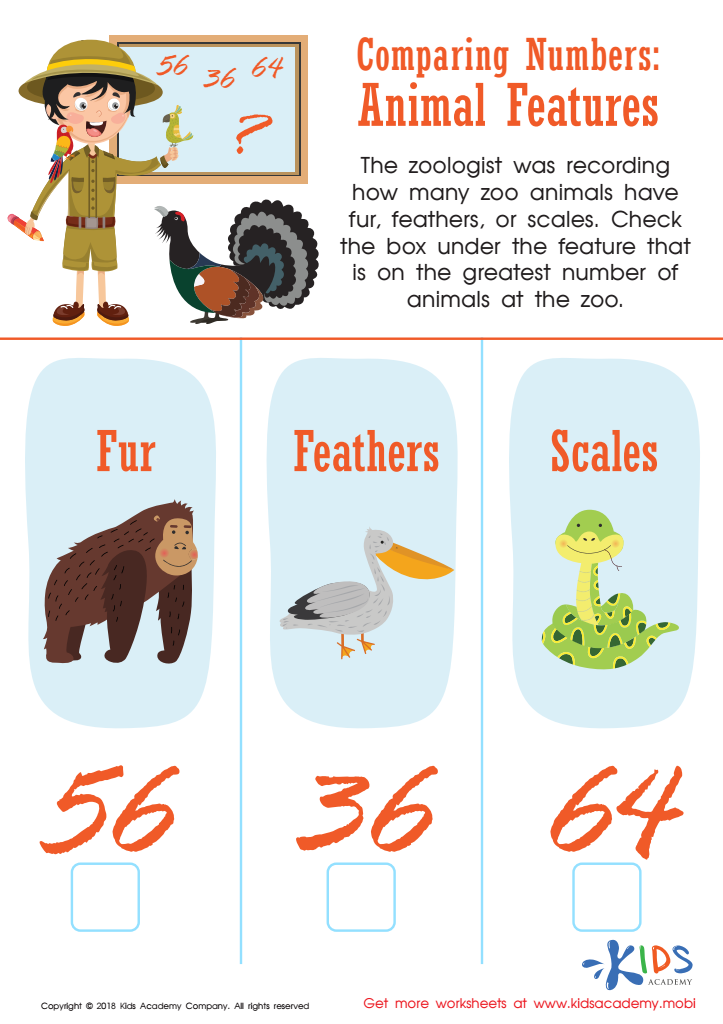

Animal Features Worksheet
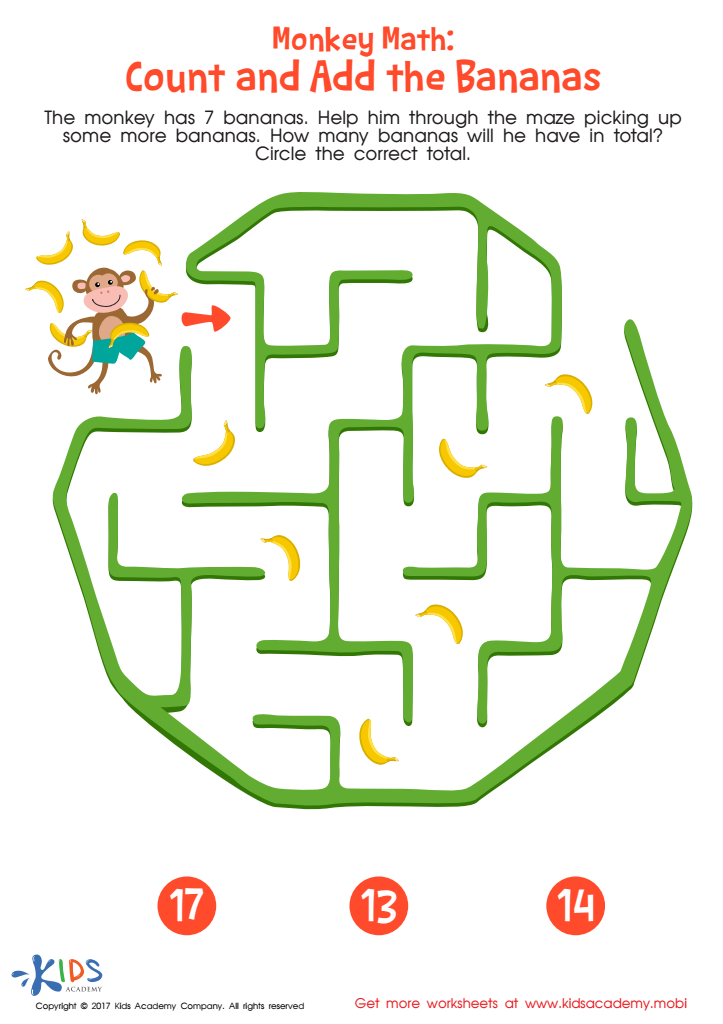

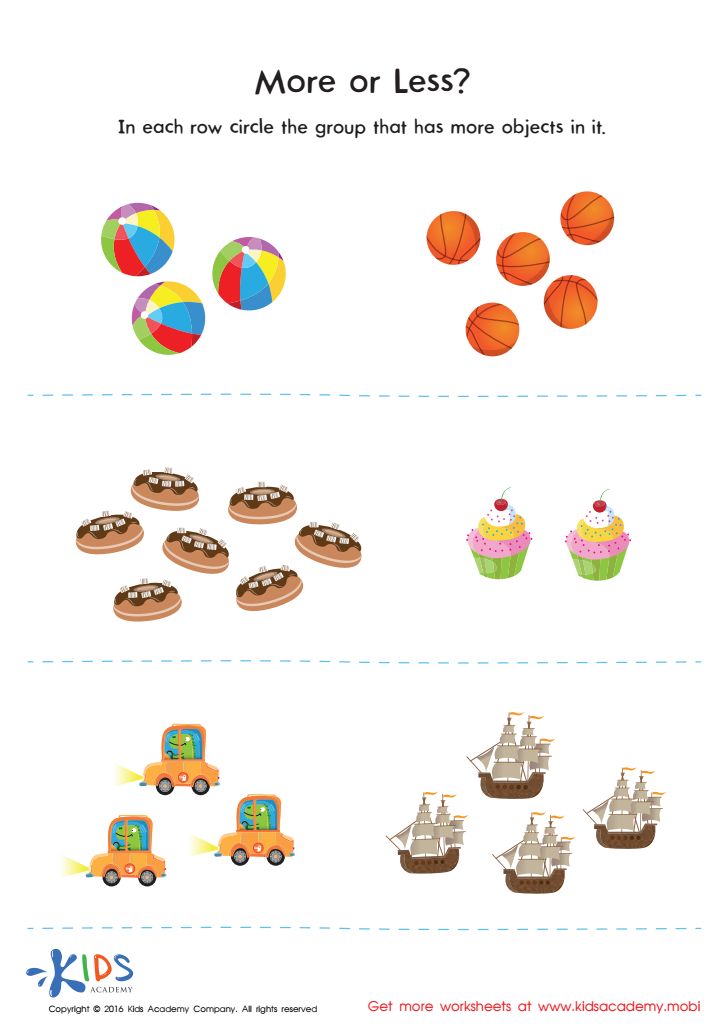

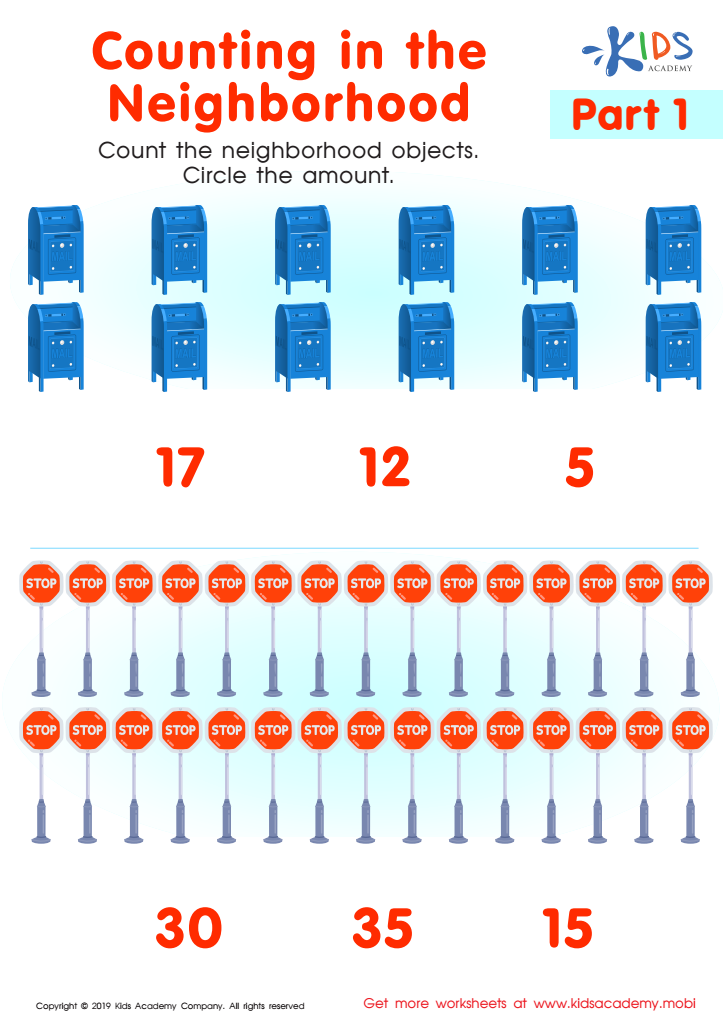

Counting in the Neighborhood Part1 Worksheet
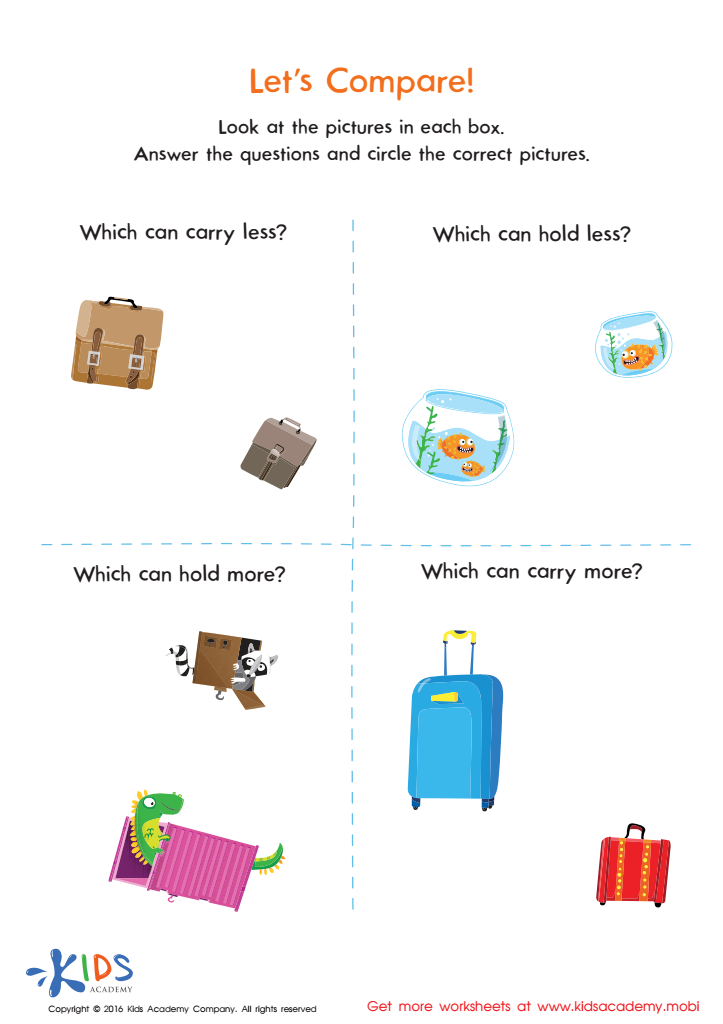

Let's Compare Worksheet: Big or Small
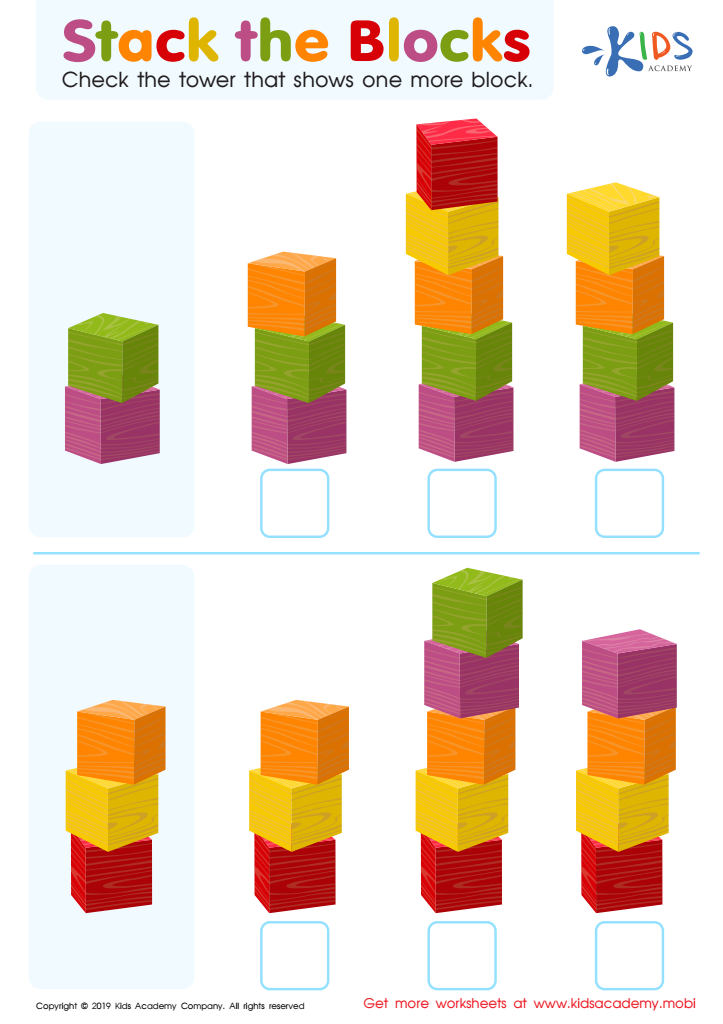

Stack the Blocks Worksheet
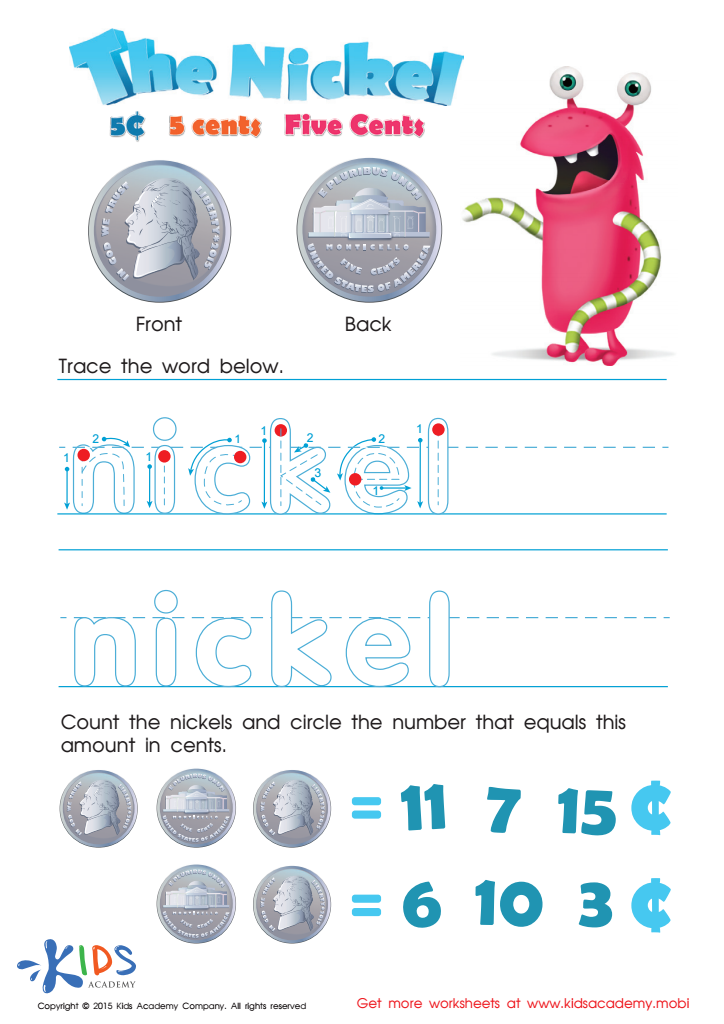

Five Cents or the Nickel Money Worksheet
Parents and teachers should care about basic math concepts for children aged 3-6 because these early experiences lay the foundation for later mathematical understanding and overall academic success. At this age, children are naturally curious and eager to explore their environment. Introducing fundamental math concepts—like counting, number recognition, shapes, and simple addition or subtraction—supports their cognitive development and problem-solving skills.
Engaging children in math through fun and interactive activities not only builds their mathematical skills but also fosters a positive attitude toward learning. Early exposure helps them develop critical thinking and logical reasoning, which are essential for everyday problem-solving. Moreover, these skills are interconnected with literacy, language, and social-emotional development.
Additionally, early math education can help identify any learning difficulties, allowing for timely interventions. Parents and educators play a vital role in nurturing a child's interest in math, using everyday situations to incorporate learning—like counting toys, measuring ingredients while cooking, or identifying shapes in the environment. By prioritizing basic math concepts, parents and teachers empower children with essential skills, preparing them for future learning and helping them become confident, competent learners.
 Assign to My Students
Assign to My Students

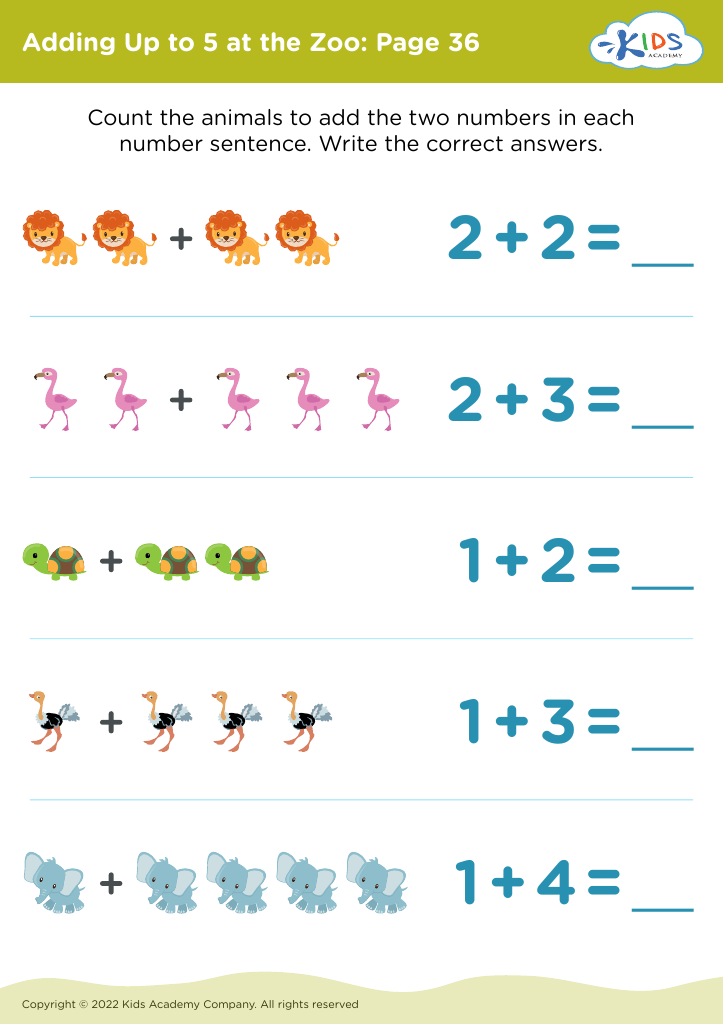
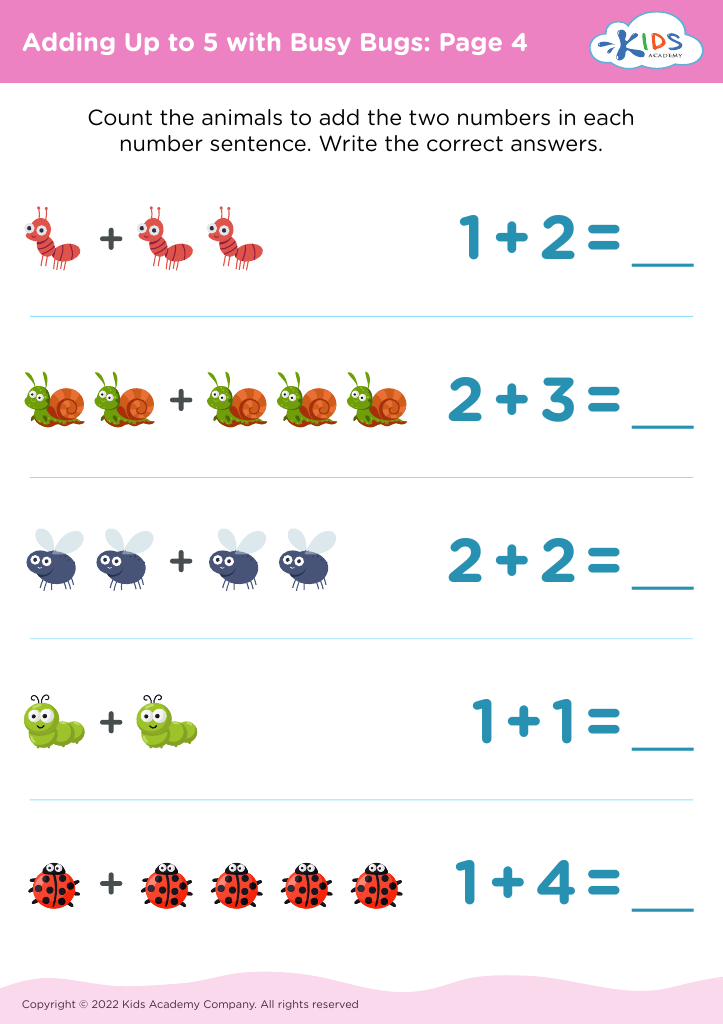
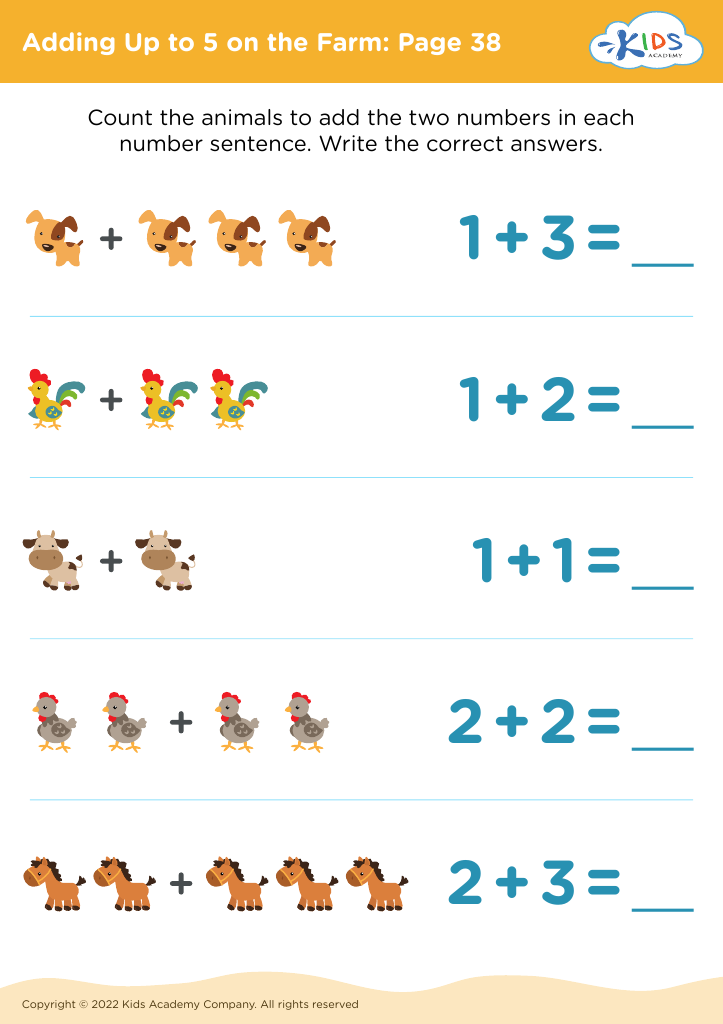

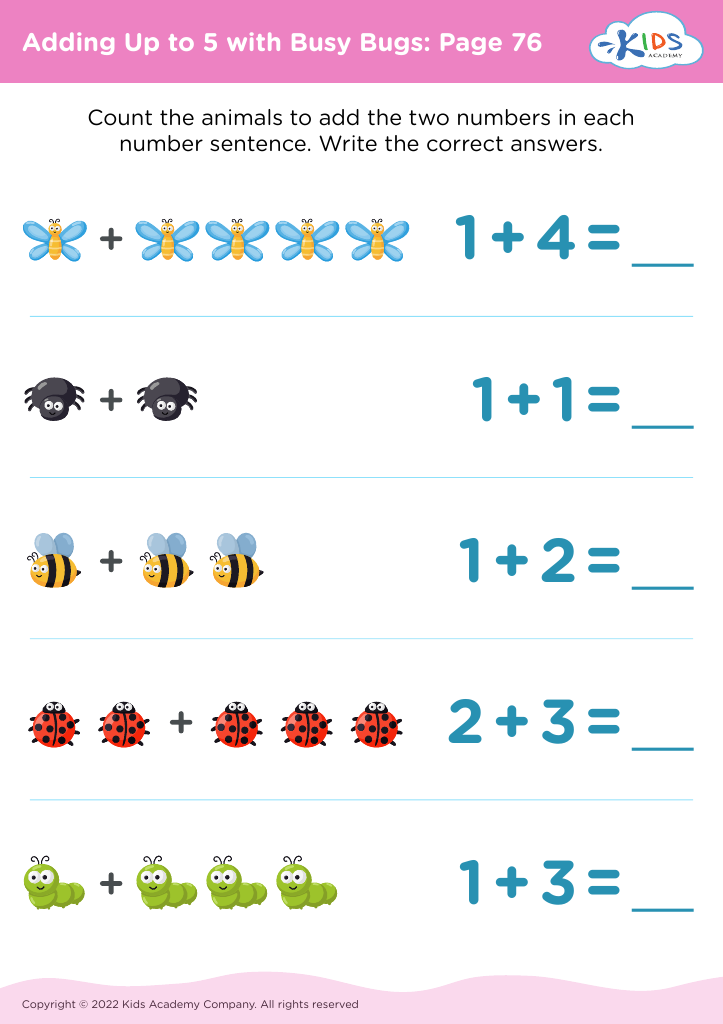
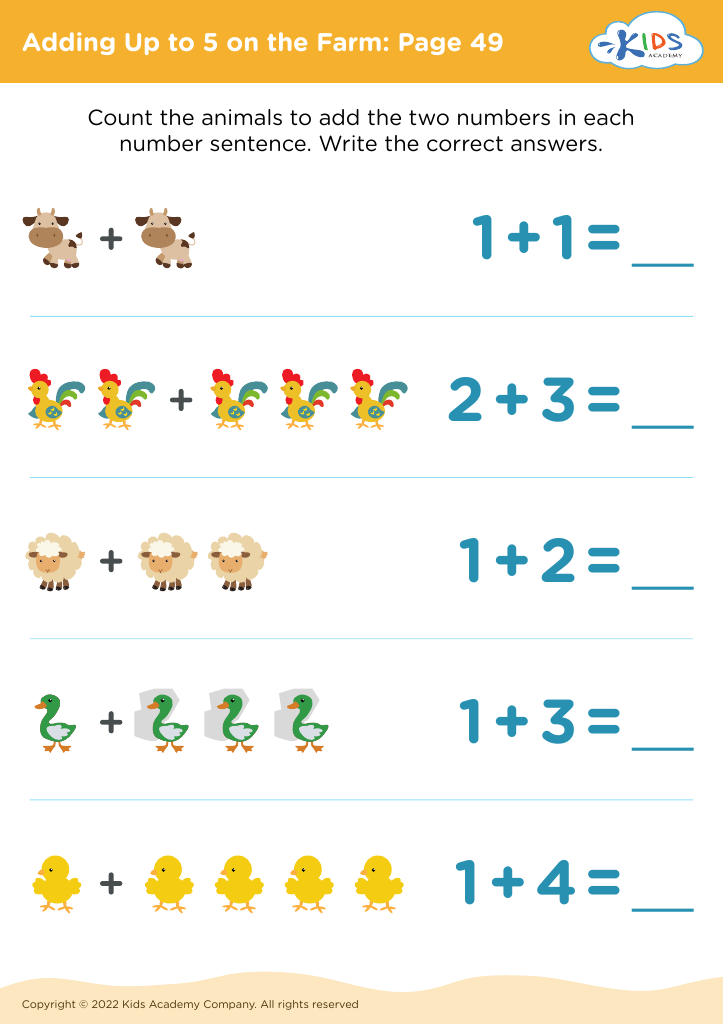

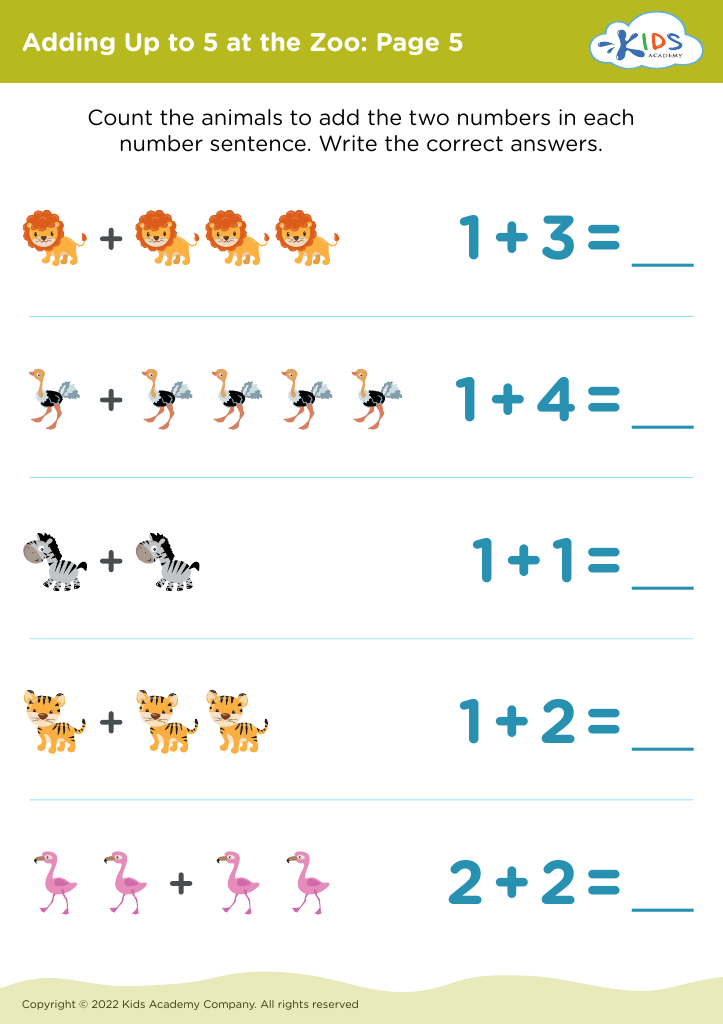
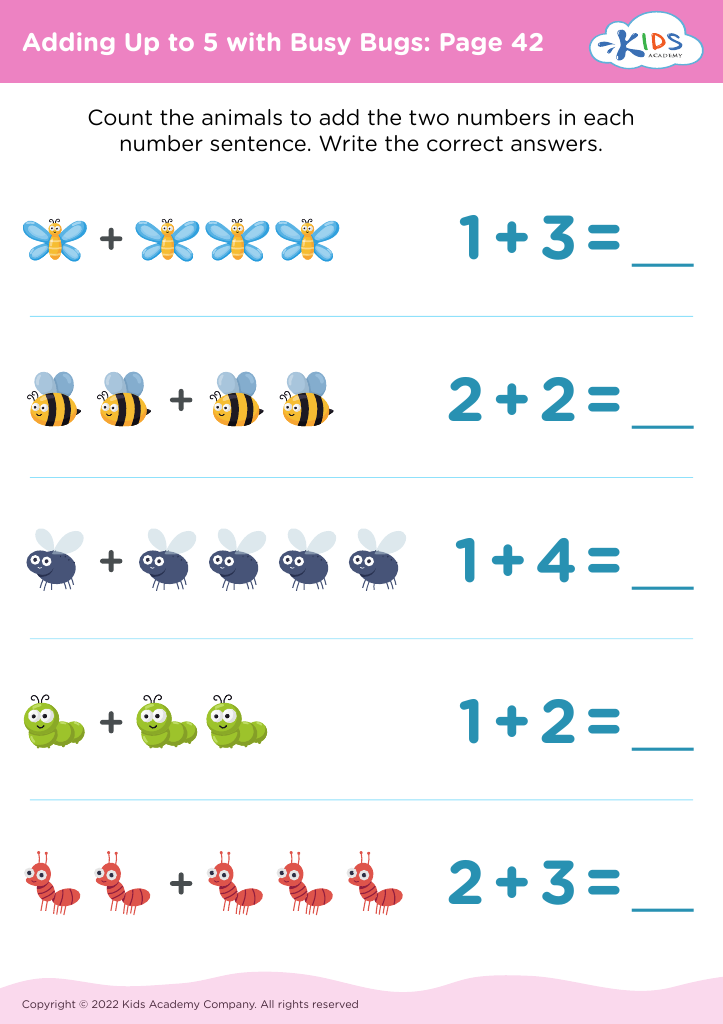
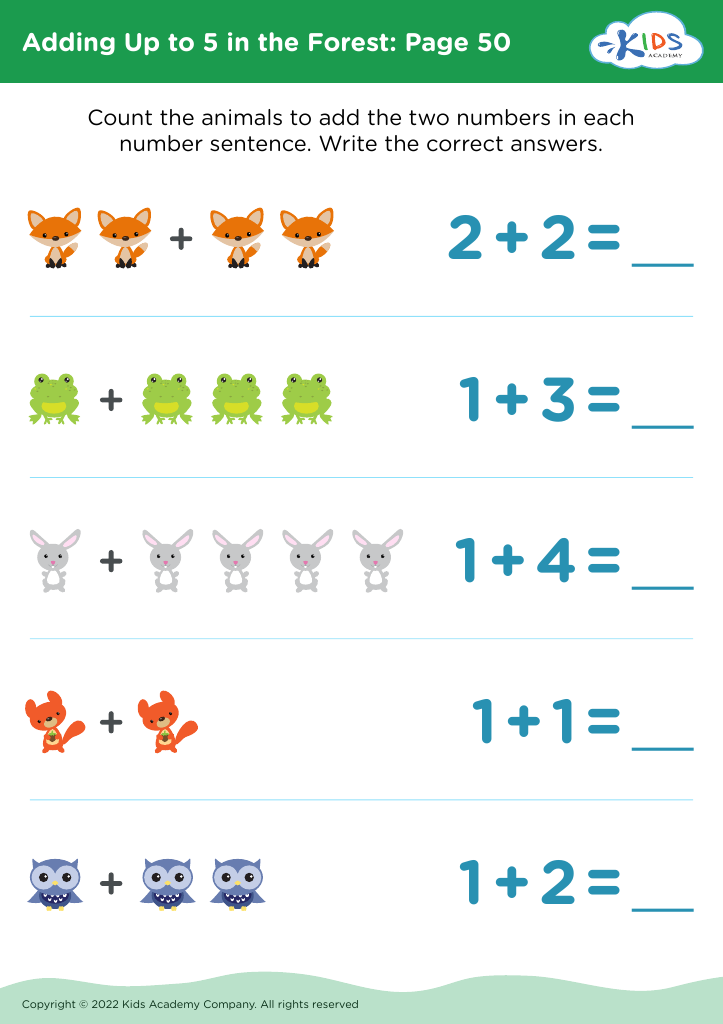
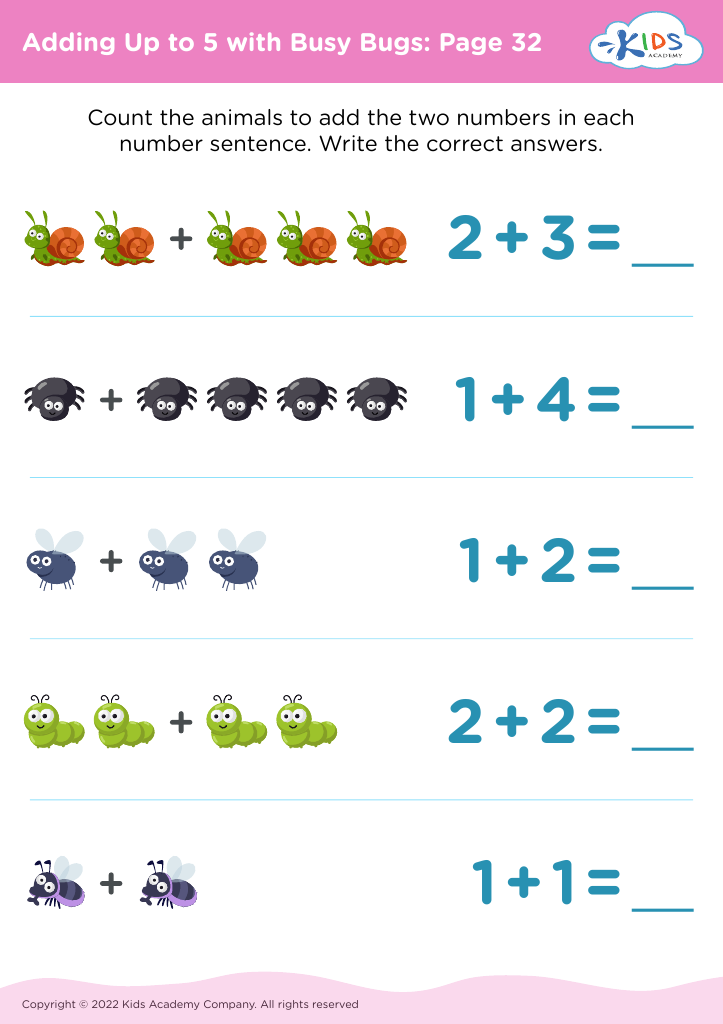
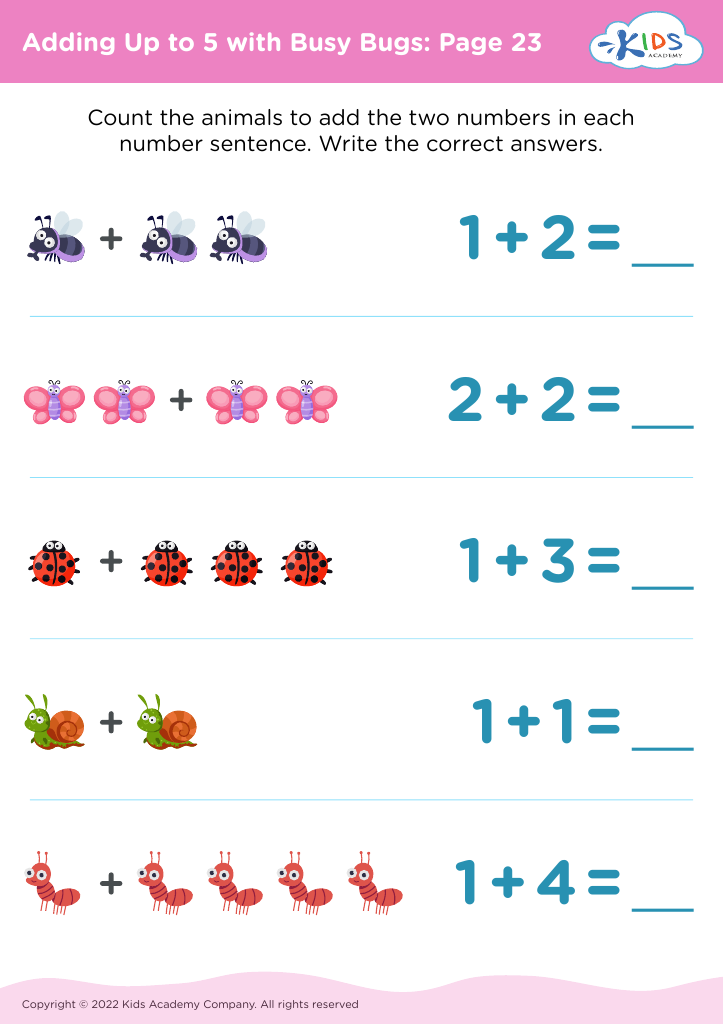
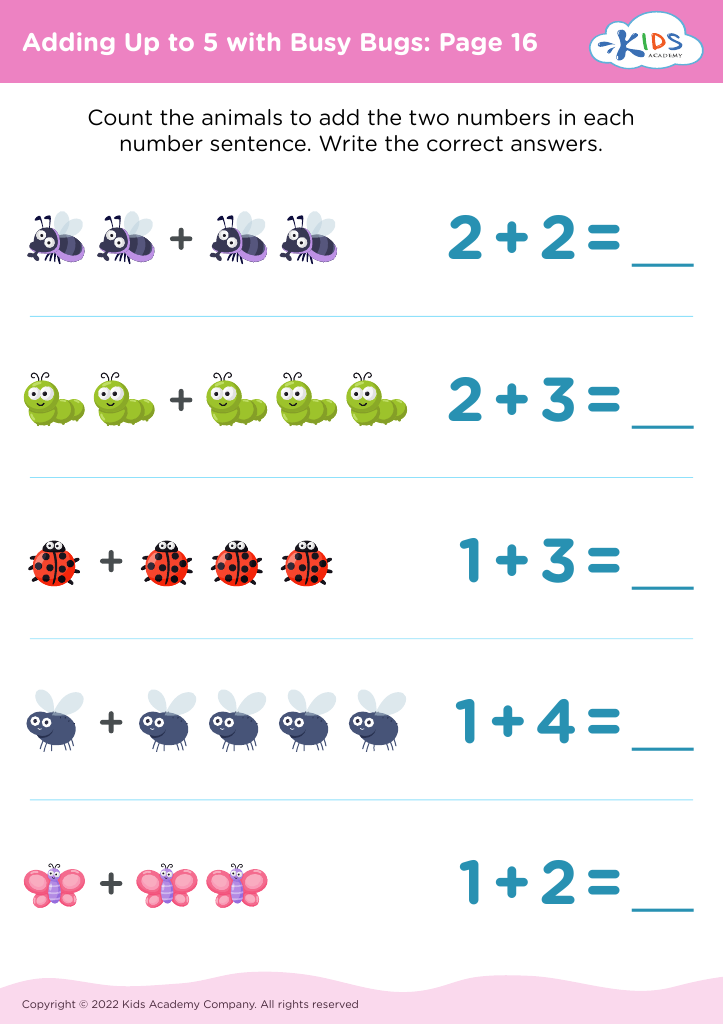






.jpg)












